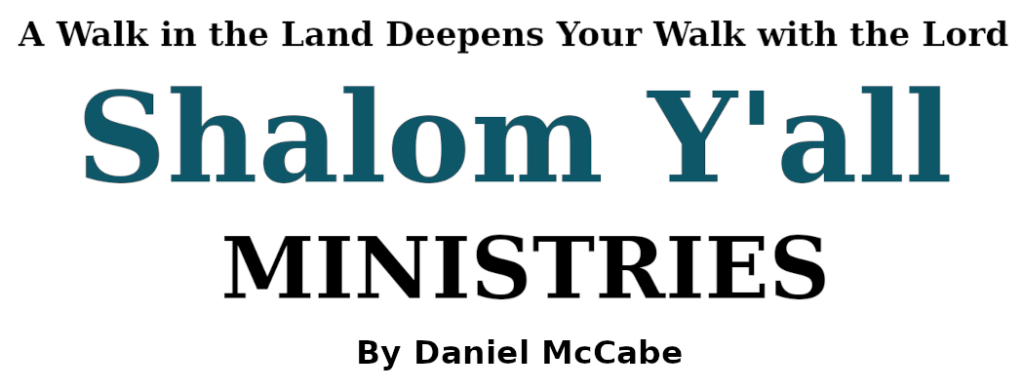Never heard of Phlegon of Tralles? Me neither, until I launched into the research for this series.
Phlegon was not a Christian, but rather a secular Greek historian who lived during the second century, writing in approximately 140 A.D., and who referred to Jesus by name and to the historical earthquake and eclipse that accompanied the crucifixion of Jesus. Although much of what he wrote has not been preserved in its original form, fortunately his words have been quoted by his contemporaries and by later writers.
Origen, who was a scholar and theologian from Alexandria, in his work, Against Celsus (Book 2, Chapter 14), attests to Phlegon’s historical references to Jesus. Origen writes, “Now Phlegon, in the thirteenth or fourteenth book of his Chronicles, not only ascribed to Jesus a knowledge of future events …. but also testified that the result corresponded to His predictions.” In other words, Jesus was thought to have accurately predicted the future.
Furthermore, Phlegon described an earthquake accompanied by an eclipse, which he stated had occurred during the reign of Emperor Tiberias, and this record matches the account in the Gospels of the darkness that fell “over all the land” while Jesus hung on the cross and of the earthquake which immediately followed Jesus’ death (Matt. 27:45, 51). According to Origen, Phlegon wrote that there was “the greatest eclipse of the sun” and that “it became night in the sixth hour of the day so that stars even appeared in the heavens.”
Finally, Origen concludes, “We have in the preceding pages made our defense, according to our ability, adducing the testimony of Phlegon, who relates that these events took place at the time when our Savior suffered, and he goes on to say, that ‘Jesus, while alive, was of no assistance to himself, but that he arose after death, and exhibited the marks of his punishment, and showed how his hands had been pierced by nails.’”
The Christian historian, Julius Africanus, added that Phlegon even specified the length of the darkness as being from the sixth hour until the ninth hour, again matching the account of the Gospel writers. Eusebius, quoted by Jerome, quotes Phelgon as saying that both the eclipse and earthquake were felt as far away as Bythinia and Nicea in modern-day Turkey. A later historian, Jerome, confirmed the same without adding any new details.
Daniel McCabe

